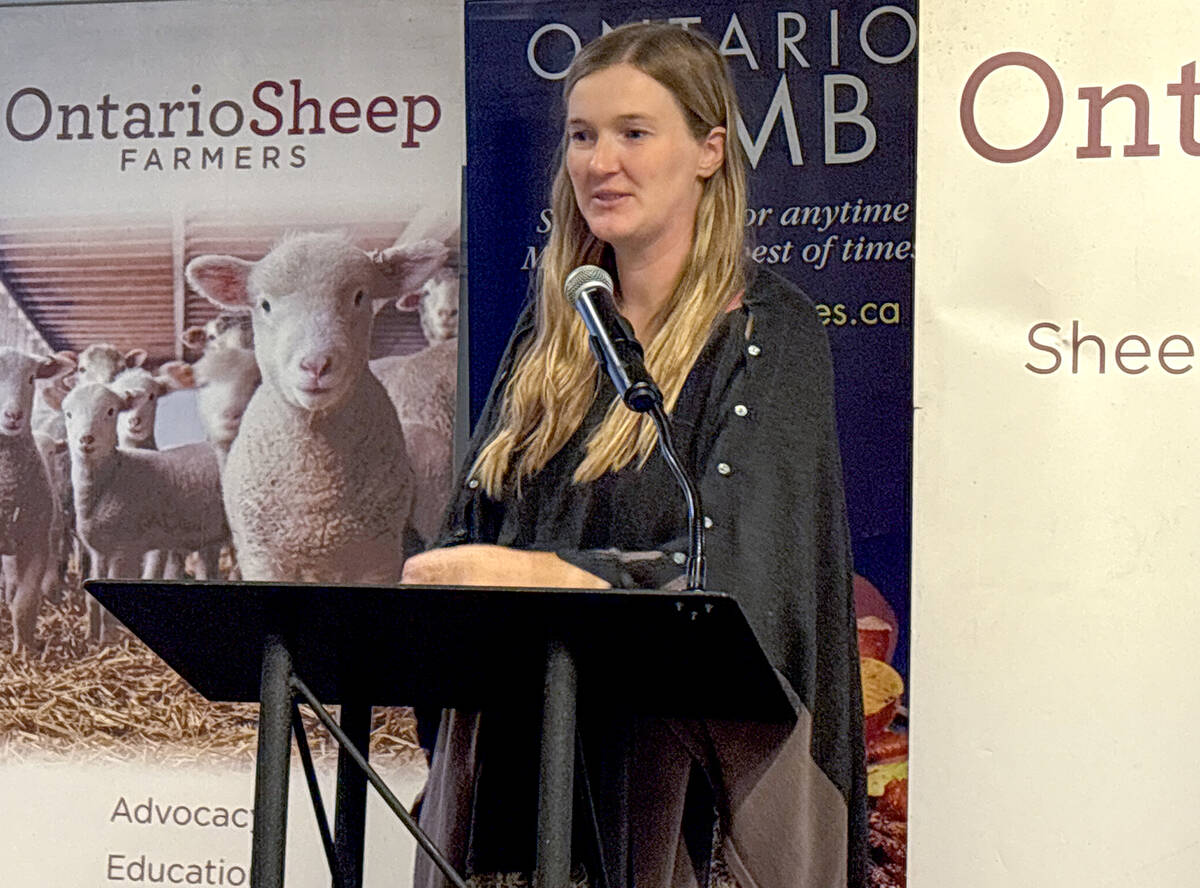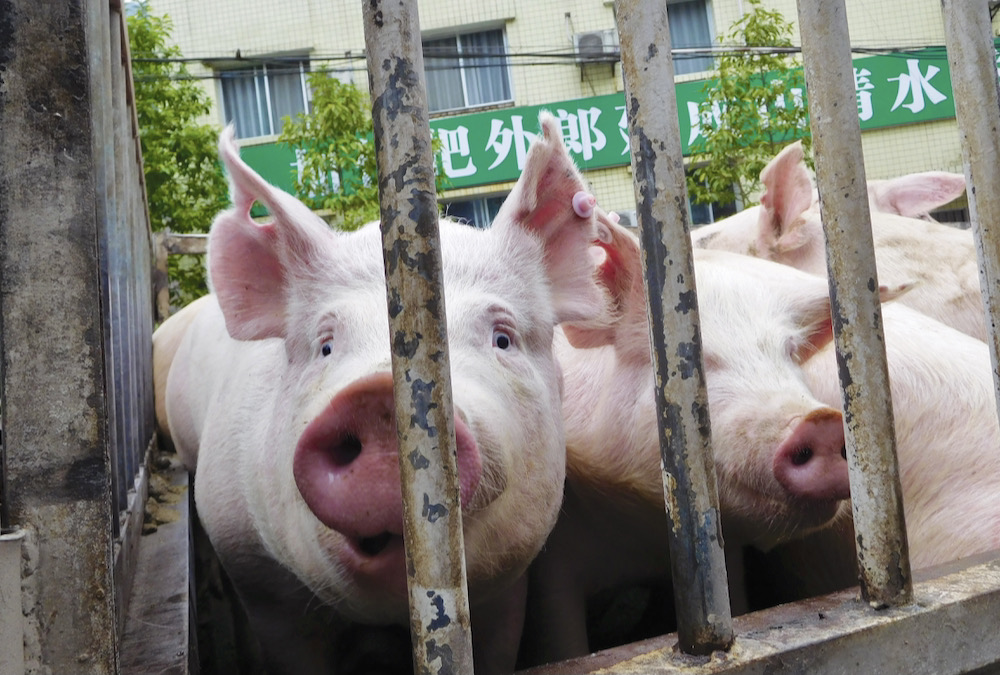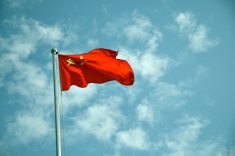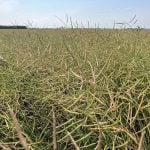Reuters – China aims to maintain its breeding sow herd at about 43 million head during the period to 2025, the government said in early August, as it looks to put herd production on a firm footing since numbers were decimated by African swine fever.
Following the onslaught of the disease first detected in China in 2018, output has recovered to levels in normal years, but its foundation needs to be strengthened to ensure secure supplies, the government said in a policy document.
The minimum sow inventory will not be less than 40 million head over the period from 2021 to 2025, the agriculture ministry and other ministries said in a joint statement.
Read Also

Footflats Farm recognized with Ontario Sheep Farmers’ DLF Pasture Award
Gayla Bonham-Carter and Scott Bade, of Footflats Farm, win the Ontario Sheep Farmers’ 2025 DLF Ontario Pasture Award for their pasture management and strategies to maximize production per acre.
The efforts aim to “enhance achievement of pig herd recovery, prevent major volatility of production capacity and promote healthy and sustainable development of the live hog industry,” they said.
Last month, a government official said China’s pig herd numbered 439 million head at the end of June, up 99.4 per cent from the end-2017 level, while the sow herd of 45.64 million was up 102 per cent from the same period.
China will advise pig farmers to restock sows or get rid of less productive ones when the monthly sow herd changes more than five per cent from the previous year, recent document shows.
Beijing has released pork from state reserves to adjust market supplies and prices, in a recent scheme to stabilize hog production.
China has also urged local authorities to register pig farms with more than 500 animals, monitoring output and operation. Provincial governments will be set a target for the sow herd and larger farms, the statement showed.
Provincial administrations can offer spot subsidies to larger farms if the monthly sow herd drops more than a tenth from the previous year or live hog farming racks up losses for longer than three months in a row, it said.
China’s state planner pledged to ensure sufficient supplies of commodities “essential for livelihood”, after floods hit some regions and a resurgence of COVID-19 infections stoked fresh concern.














